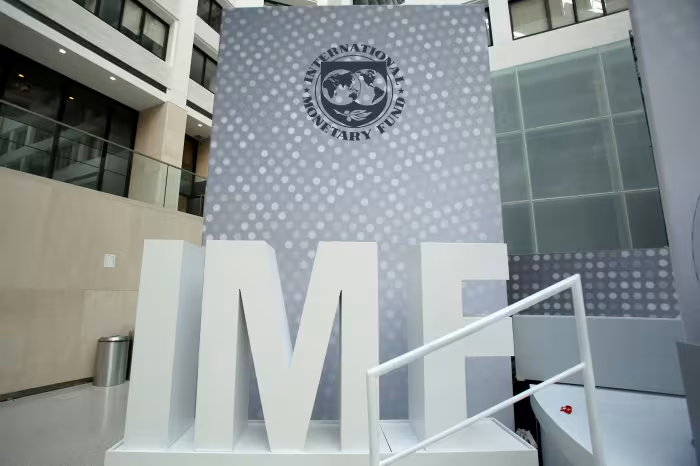The Changing Landscape of ‘Trump Trade’
The Risk – Reward Dilemma
As the US election approaches, global investors are fixated on the intense race between Trump and Harris. Citi points out that the market has already partially priced in the possibility of Trump’s victory, which implies that the risk – reward ratio of related trades has deteriorated. Analyses reveal that investors usually obtain positive returns by making investment decisions in line with market trends after the election results are announced, especially in the S&P 500 index and the US dollar index. Citi maintains an overweight position in US stocks. Considering Trump’s diminishing odds and the potential over – pricing of the ‘Trump trade’, Citi believes it’s time to take profits on ‘Trump trade’ and closely monitor the movements of US stocks and the US dollar after the election.
Citi’s Research Findings
Earlier this week, Citi’s analyst team led by Dirk Willer released a research report stating that the market has partly accounted for the probability of Trump’s win, indicating that the risk – reward ratio of Trump – related trades has worsened. Hence, Citi suggests that investors should take profits on some Trump – oriented positions, especially those assets related to Trump’s policies and improvements in poll numbers. These assets have performed well since the last non – farm payroll report, but Citi believes that the current risk – reward is no longer attractive.
Citi’s Statement in the Report
The Trump trade was extremely strong in October, driven by favorable macro tailwinds. At this stage, the risk – reward has deteriorated. We continue to take profits and are now cashing in on our outperformance trade in financial stocks. Firstly, if Harris still wins, given that the polls are still quite close, the market might misprice the outcome. Secondly, considering the actions that have already occurred, the market may be over – priced. Thirdly, the market may also make misjudgments when predicting the policy actions Trump would take if re – elected. Reports show that, based on historical data and market behavior analysis, investors often achieve positive returns by making investment decisions according to market trends after the election results, especially in the S&P 500 index (SPX) and the US dollar index (DXY).

Citi’s Position on US Stocks
Citi maintains an overweight position in US stocks, especially against the backdrop of year – end seasonal factors and the triggering of value – at – risk pricing (VRP) signals. Citi believes that although the market may fluctuate due to tariff issues or rising interest rates, these risks have already been partially priced in by the market.
The Situation of US Bank Stocks
Citi specifically mentioned the long positions of US bank stocks relative to the equal – weighted S&P 500 index and believes that these positions should be closed. The core of this strategy was to expect US bank stocks to outperform the average of other stocks in the S&P 500 index and establish investment positions accordingly to obtain relative returns. The institution’s research department previously established a similar investment position, which has brought a 1.03% return to Citi’s global macro – strategy investment portfolio since October 10, 2024. However, now Citi believes that this position should be closed. The institution thinks that the possibility of Trump’s victory has been over – priced by the market, and the actual election result is still highly uncertain as the polls show a very close race. In this situation, Citi believes that the risk – reward ratio of continuing to hold this position is no longer appealing.
Focus on US Stocks and the US Dollar
Citi believes that although the market’s expectations of Trump’s victory have been partly reflected in stock prices, US stocks will still perform well before the end of the year. This optimistic expectation is based on two main arguments. First, the implementation of any tariff policy takes time, so it’s unlikely to have an immediate negative impact on the market. Second, even if Harris wins, as long as the Senate isn’t controlled simultaneously, the impact on the stock market will be limited because maintaining the status quo is positive for the US stock market. Although the market is worried that rising interest rates may pressure the stock market, Citi’s analysis shows that a sharp rise in interest rates isn’t necessarily bad for the stock market. In stress scenarios, even if the US 10 – year Treasury yield may rise by 30 – 40 basis points, historical data shows that this change has no obvious impact on the stock market and, in some cases, stock returns may be positive. Citi has found through VRP signals that the market may be tactically oversold, indicating that the market may have overreacted to the election uncertainty. They believe that although there is uncertainty in the market before the election, the market shows signs of “excessive fear” and may rebound when the election results are positive. Additionally, seasonal factors also support a market rebound before the end of the year, so Citi maintains an overweight position in US stocks.
The US Dollar’s Outlook
As for the US dollar, Citi believes that the US dollar against the yen will be more affected by the outcome of the US election rather than Japan’s election or the policy changes of the Bank of Japan.





































